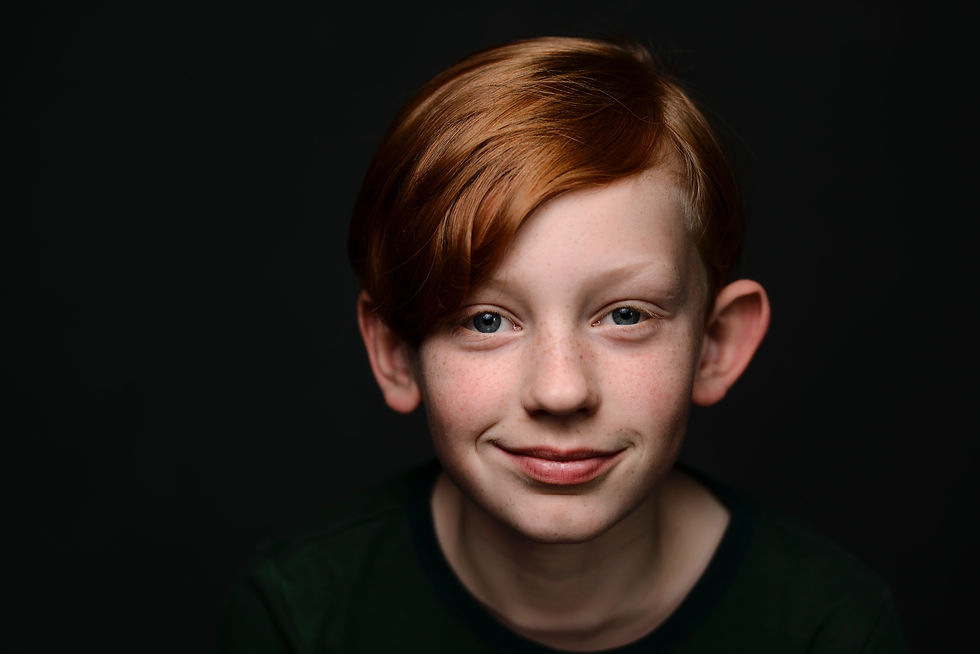Why choose RO DBT over DBT?
- rodbtdenver

- Jun 2, 2022
- 2 min read
As a therapist trained in Radically Open Dialectical Behavior Therapy (RO DBT) and traditional Dialectical Behavior Therapy (DBT), the most common question I receive from prospective clients is, “What’s the difference between RO DBT and DBT?”
In short, traditional DBT helps stop dramatic, erratic, or out-of-control behaviors through skills primarily focused on emotion regulation (i.e. learning to change an emotion when it’s too intense or doesn’t fit the facts of the situation). This means the individual needs help controlling their reactions in public and in private, as they tend to be expressing themselves to everyone all the time.
RO DBT is nearly the opposite. RO DBT teaches people to learn to relax their bodies and turn off “threat system” physiology, in order to express one’s self better, through communication and facial and body signaling. RO DBT is not about regulating emotions, rather it’s about learning to use them to help express oneself according to one’s value goals. The individual the may been feeling a lot on the inside, but isn't necessarily showing it on the outside. Rarely if ever would they show big reactions in public.
Biologically there is a spectrum of control. Everyone falls into one side of the bell curve of control or the other (see Figure 1). The first side is undercontrolled (UC) and the second side is overcontrolled (OC). Most people land in the flexible or optimal control range which is in the middle of the bell curve. This means in any given situation optimal behavioral control expression can lean a bit UC or OC. At a party, UC disinhibited behavior fits the situation, but you wouldn’t want to be wildly disinhibited in your behavioral expression while getting a speeding ticket. On each end of the spectrum is where chronic mental health disorders appear.

DBT is a treatment for undercontrolled disorders like Borderline Personality Disorder, substance abuse, and binge eating. RO DBT treats overcontrolled disorders like chronic depression, chronic anxiety, autism spectrum disorders, anorexia and personality disorders like (Avoidant, Paranoid, and Obsessive Compulsive).
Impulse control is biological and you can see one’s tendency to lean OC or UC in children as young as four years old. For example, check out the Marshmallow Experiment to understand how we can see one’s control tendency at young ages. One’s natural ability to inhibit an impulse leads one to fall into the UC or OC categories.
Once you figure out which control tendency you lean towards, you can then decide which treatment is right for you. Both RO DBT and DBT are wonderful therapies and have been proven effective for the above-mentioned treatment disorders respectively.
If RO DBT is new to you, check out the treatment developer’s website at www.radicallyopen.net for more information.
Hope Arnold is a RO DBT Therapist, Trainer, and Supervisor in Denver, CO.






There are not many reviews about free crypto recovery fixed, but the ones that exist are mostly positive. Initially, I had no idea how that was possible until I became a victim. Some criminal got into my MetaMask and completely drained everything. I reached out to this team of Crypto Recovery gurus at: prompttechrecovery@gmail.com, in total panic. They guided me through the next steps, helped track down the address, and coordinated with legal experts. It was a long process, but I did get my funds back. However, there are also negative reviews, and I highly recommend paying attention to them. fraudsters create a fake website to con people out of money. Nothing new. These types of scams are everywhere. I…
If you wish to gain remote access to any phone activities, END TO END ENCRYPTION...If you wish to know what your partner does with their phone,you want to track their conversations..GPS PHONE TRACKER....know what your kids do online,read their emails without them knowing,unlock that device your partner hides things in, the old dead phones, know your partner's account details..How he/she spends money,credit card purchases and more..Do you suspect your partner is cheating on you ? Do you need proof for your DIVORCE...Do you need a private SPY ? With the service of this tech guru at 'hackspeed24@gmail .com,, you are 100 % guaranteed. Well trusted and Reliable....NO SPOOF.... operating systems (MAC,WINDOWS,UBUNTU AND LINUX). (iPhone ios,Android and windows phones). You can…